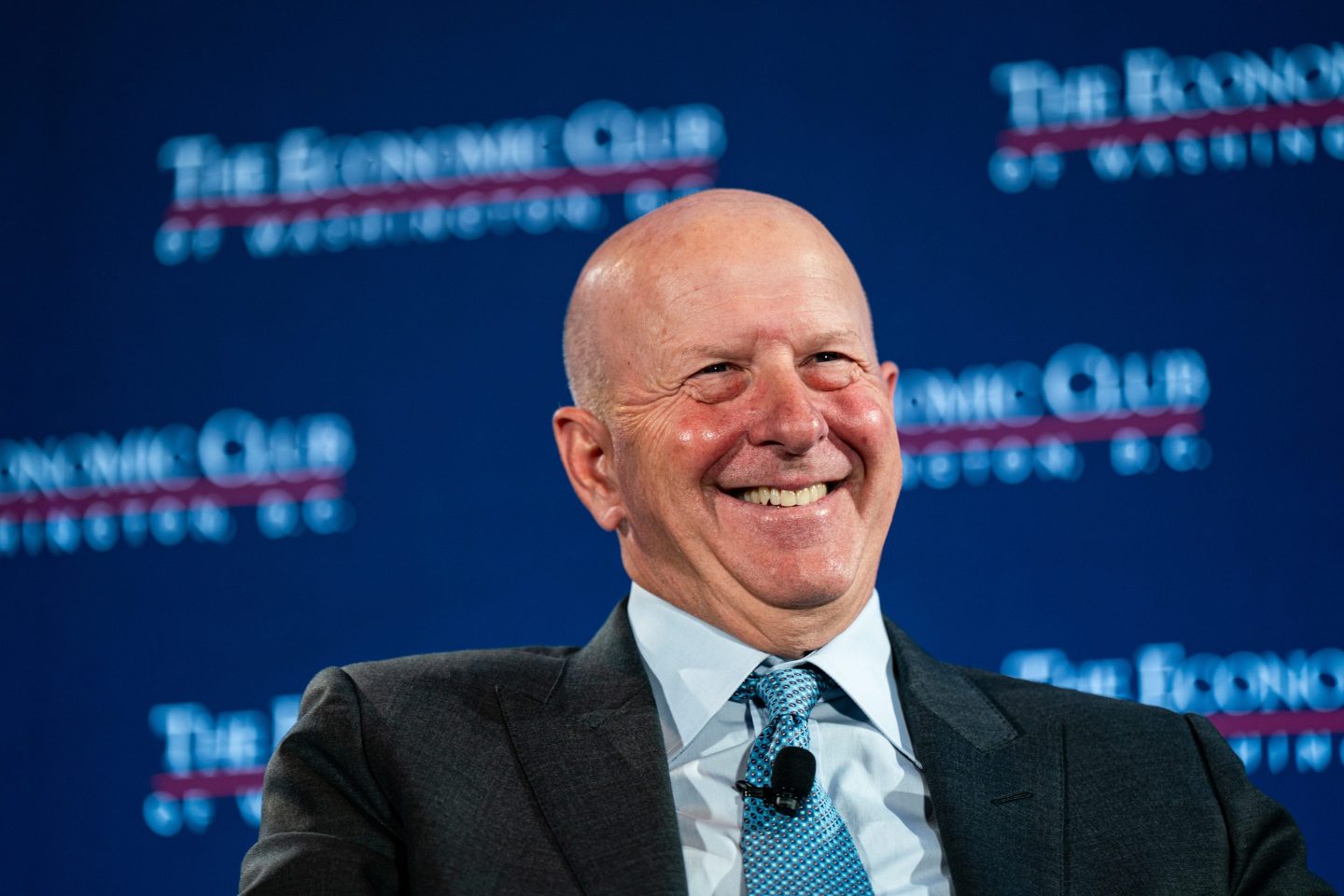When the winner becomes clear – quite possibly late tonight, but whenever it is – Hillary Clinton or Donald Trump will step onto a stage and give a victory speech. One of the ritual elements of the speech will be a fervent intention to unite the country, to be “a president for all the people.” Every president-elect says it, but rarely has the line carried more freight than it does this year. The nation desperately needs uniting. The reality we all need to confront is that no matter who wins today or by how much, uniting the nation anytime soon will be nearly impossible.
I hate being pessimistic and rarely am, but the problem in this case is largely structural and unfixable in the near term. It consists of two elements.
First, the U.S. President, though often described as the world’s most powerful person, actually wields little power within the overall U.S. Political system.
Second, many of the players whose cooperation is necessary in uniting the nation have little incentive to cooperate. Combine those realities and it’s hard to see how today’s white-hot partisanship gets significantly cooled down.
The problem’s first element: As political scientist Richard Neustadt famously observed in 1960, “Presidential power is the power to persuade.” Dictators can and often do force factions to unite by threatening to destroy them otherwise. But Neustadt and one of his former bosses, Harry Truman, noted that the president can barely force anyone to do anything apart from giving orders to the armed forces. He or she certainly can’t make Congress obey orders. But still – what’s to stop a president from emulating Lyndon Johnson and deploying masterful persuasive powers to get legislators to cooperate and enact historic measures such as civil rights laws and Medicare?
The answer is the problem’s second element: Congress has changed since Johnson’s day, with Democrats becoming more liberal and Republicans more conservative. Common ground has virtually disappeared. Through years of escalating inter-party warfare, congressional districts have been redrawn to the point where almost none of them are competitive. As a result, the problem is especially acute in the House, which influences everyone else. To win, you just have to win the primary, and primary voters tend to be each party’s most extreme members.
Let’s adopt the uncharitable but realistic view that most legislators want above all to be reelected. In Johnson’s day you did that by appealing to voters of both parties, which required at least some cooperating with the other side. Today you win by being a hero to your party’s most extreme voters. To them, cooperating with the other side is treason. Your incentive is no longer to cooperate. It’s the opposite – to thwart the certain ruination that the evil opposition is plotting, whipping your supporters into a frenzy of anger and resistance.
Sign up for daily insights, updates, and opinion on leadership and leaders in the news at the Power Sheet.
No president, however well intended, can defeat those incentives or overhaul this structure. The one glimmer of hope is distant. Beginning to redraw districts to make them more competitive would start to change the corrosive incentives. Districts get redrawn based on the decennial census, next scheduled for 2020. So the absolute soonest we could begin to see change would be in the 2022 mid-term elections for the Congress that would be seated in January 2023.
None of this means we can’t fix our hyper-partisanship, but it means that no president alone can do much about it, regardless of fine sounding pledges in victory speeches. It will take all of us, and it will take some time.












